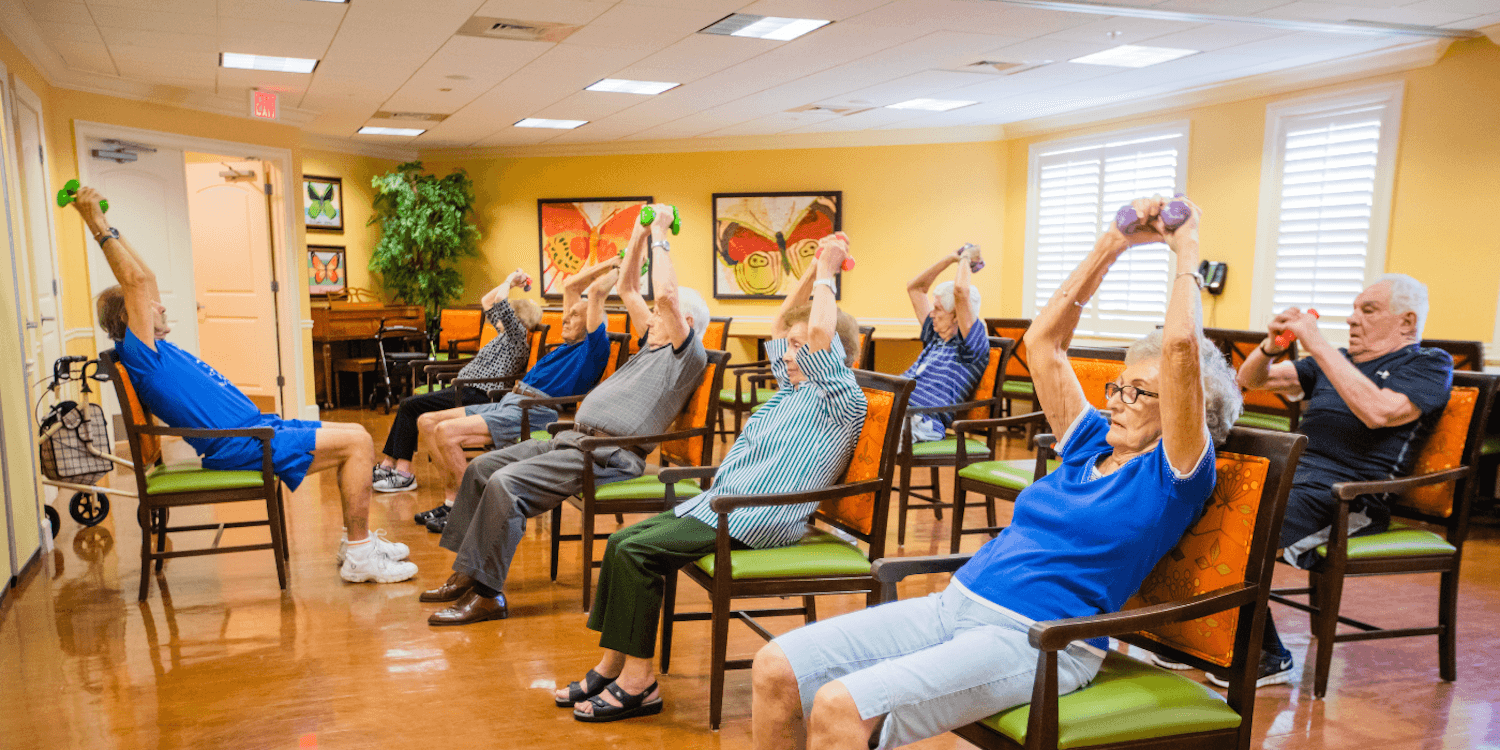Customized Solutions for Households Looking For Alzheimers Care Charlotte
Specialist Tips for Giving Quality Alzheimer's Care in your home
Looking after an individual with Alzheimer's illness in your home presents distinct obstacles that call for both understanding and strategic preparation. Developing an organized day-to-day routine, boosting interaction skills, and producing a safe setting are important elements of effective caregiving. Additionally, caretakers must not neglect the importance of seeking exterior assistance and sources to preserve their own health. As we discover these specialist ideas additionally, it becomes clear that a thoughtful approach can considerably influence the top quality of life for both the caretaker and the specific obtaining care. What specific approaches can be executed to guarantee a helpful atmosphere?
Understand Alzheimer's Illness
Alzheimer's illness, a progressive neurodegenerative condition, profoundly affects cognitive feature and daily living activities. It largely impacts memory, assuming, and actions, causing a steady decline in the capacities required for independent living. Early signs frequently include forgetfulness, trouble in problem-solving, and difficulties in completing acquainted jobs. As the disease progresses, people may experience disorientation to time and location, damaged judgment, and adjustments in state of mind and personality.
The etiology of Alzheimer's is complicated, entailing the build-up of amyloid plaques and tau tangles in the mind, which interfere with neuronal interaction and result in cell fatality. Threat variables consist of age, genes, and way of living choices, with the majority of instances happening in individuals over 65. Awareness of these aspects is important for caretakers, as recognizing the problem can promote far better assistance and treatment strategies.
Moreover, Alzheimer's disease not only affects the specific but likewise has significant emotional and logistical implications for family members. Identifying the phases of the illness allows caregivers to anticipate challenges and adjust their strategy, guaranteeing that the requirements of those impacted are consulted with concern and understanding. This fundamental understanding is necessary for advertising high quality treatment in your home.
Establish a Regular
Developing a structured day-to-day routine can significantly boost the lifestyle for people dealing with Alzheimer's disease. Developing consistent patterns aids to minimize confusion and anxiousness, offering a complacency and familiarity. A day-to-day routine must consist of regular times for dishes, activities, and remainder, which can help people anticipate what to expect throughout the day.
Incorporating straightforward, familiar jobs right into the routine can advertise a feeling of success and independence. Activities like horticulture, food preparation, or perhaps straightforward home duties can be advantageous. It is important to customize these tasks to the person's passions and capacities, guaranteeing interaction without disappointment.
In addition, flexibility within the routine is essential. While consistency is essential, permitting for changes based upon the individual's state of mind or power degrees can assist keep a favorable atmosphere. Encourage participation in social interactions, whether via family check outs or neighborhood tasks, as these can supply excitement and link.
Enhance Interaction Abilities
Efficient interaction is crucial for maintaining meaningful links with people dealing with Alzheimer's illness. As cognitive capabilities decrease, typical conversation may become tough. Consequently, caretakers need to adjust their communication methods to cultivate understanding and link.

Active listening is important. Program real passion by preserving eye call and responding to recognize their ideas or feelings. Avoid remedying or saying, as this might bring about irritation. Rather, verify their emotions and reroute the conversation gently if required.
Using get redirected here visual help, such as pictures or composed pointers, can also improve comprehension. Encourage participation in tasks that promote conversation, such as thinking back regarding previous occasions or looking through image cds.
Create a Safe Environment
A supportive environment plays a considerable duty in the well-being of individuals with Alzheimer's disease. Creating a secure home setting is necessary to reduce threats and boost the quality of life for both the individual and their caretakers.
Mount safety locks on windows and doors to stop straying, which is an usual issue in Alzheimer's people. Additionally, take into consideration using non-slip floor coverings in shower rooms and set up grab bars for included support. Identifying rooms and important items can assist individuals navigate their surroundings extra conveniently.
Emergency situation calls must be clearly uploaded near phones, and a medical alert system can supply comfort. Consider utilizing childproofing procedures for sharp items and hazardous compounds. On a regular basis check smoke alarm and carbon monoxide gas alarms to ensure they are working. Overall, customizing the home environment to the one-of-a-kind needs of the private with Alzheimer's not only advertises safety and security yet additionally encourages independence and comfort.
Look For Support and Resources
Accessing assistance and sources is crucial for caretakers and individuals facing the challenges of Alzheimer's illness. Caregiving can be overwhelming, both physically and psychologically, and it is crucial for caregivers to seek help to preserve their well-being and provide high quality care.

Furthermore, exploring respite care choices can afford caregivers much-needed breaks, permitting them to reenergize and lower exhaustion. This may include grown-up day programs or at home care solutions. Financial support programs might likewise be readily available click this to assist offset the costs of treatment.

Verdict
In recap, providing top quality Alzheimer's treatment in your home demands a multifaceted strategy. Comprehending the intricacies of the disease, establishing an organized regimen, boosting communication skills, creating a safe environment, and seeking support from readily available resources jointly add to improved caregiving experiences. Applying these approaches not only fosters a sense pop over to this site of self-reliance and achievement for people with Alzheimer's yet likewise eases caretaker stress and anxiety, ultimately improving the lifestyle for both caregivers and those they sustain.
Caring for a specific with Alzheimer's illness at home presents distinct difficulties that need both understanding and tactical preparation.Furthermore, Alzheimer's illness not just impacts the individual yet additionally has significant psychological and logistical implications for households.Developing an organized everyday routine can considerably improve the quality of life for individuals living with Alzheimer's illness.Effective communication is crucial for preserving significant links with people living with Alzheimer's condition. Alzheimers Care Charlotte. Executing these methods not only fosters a feeling of self-reliance and achievement for people with Alzheimer's but also eases caregiver stress and anxiety, inevitably improving the quality of life for both caregivers and those they sustain